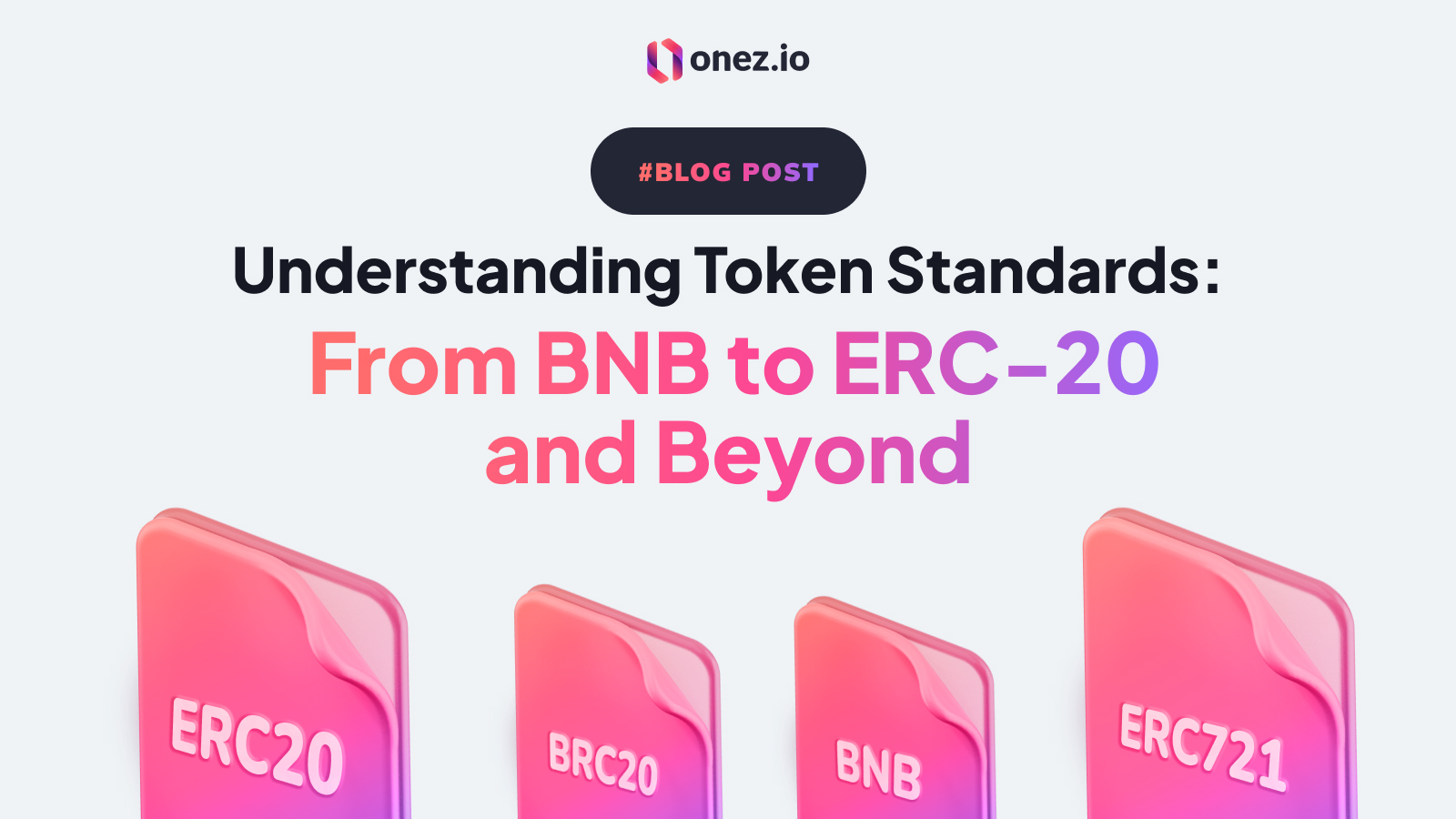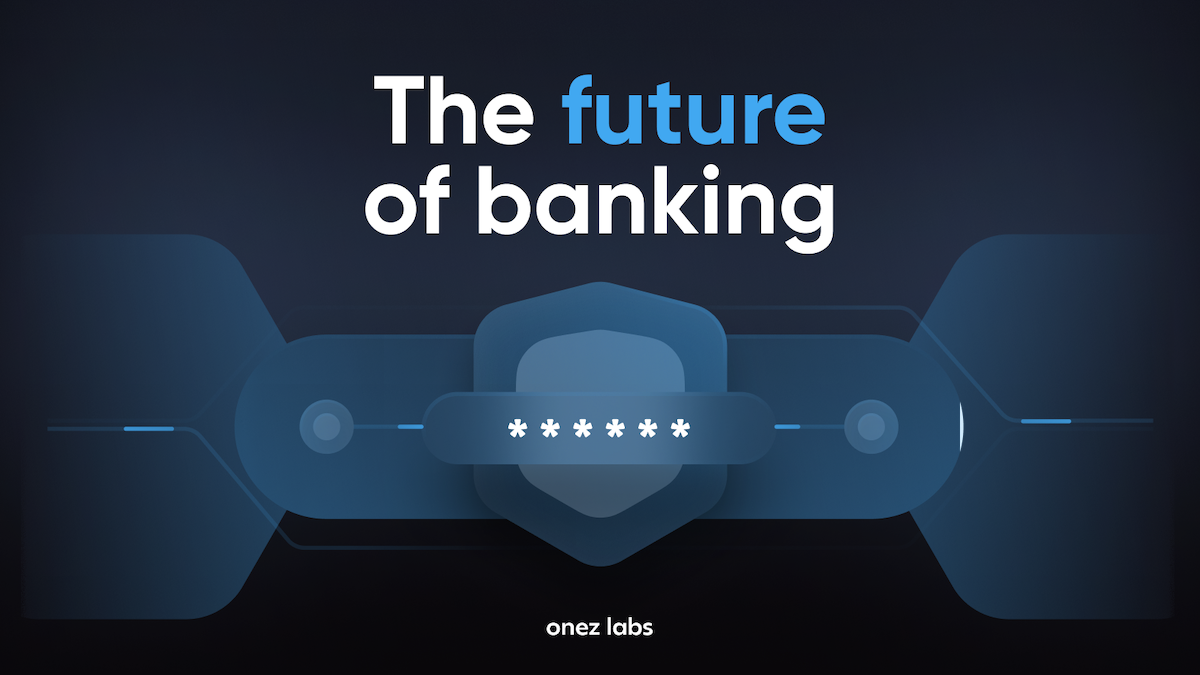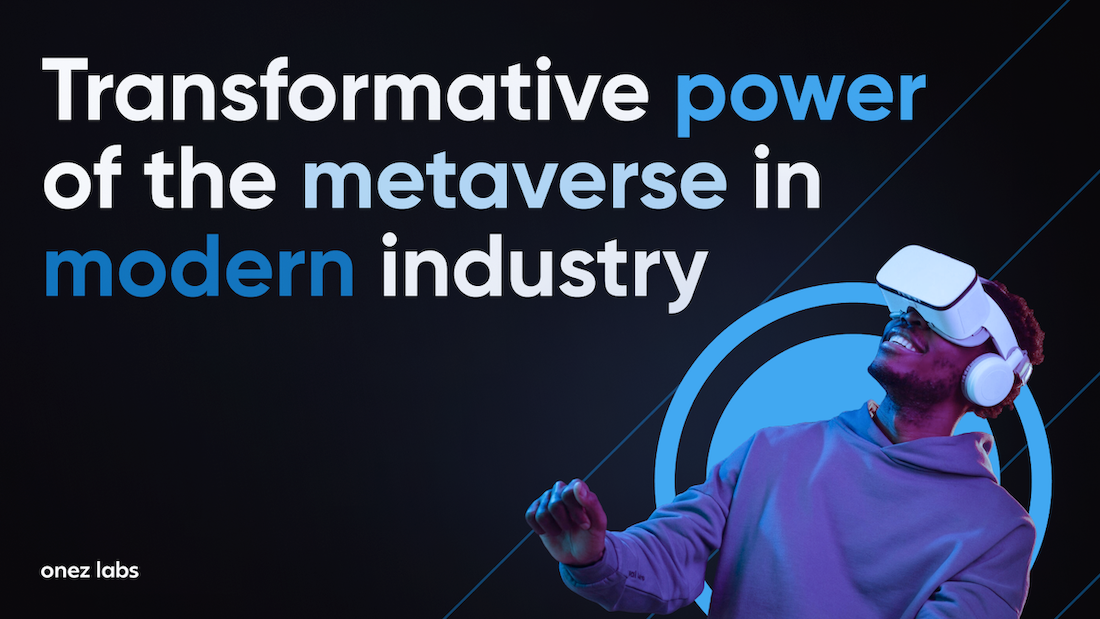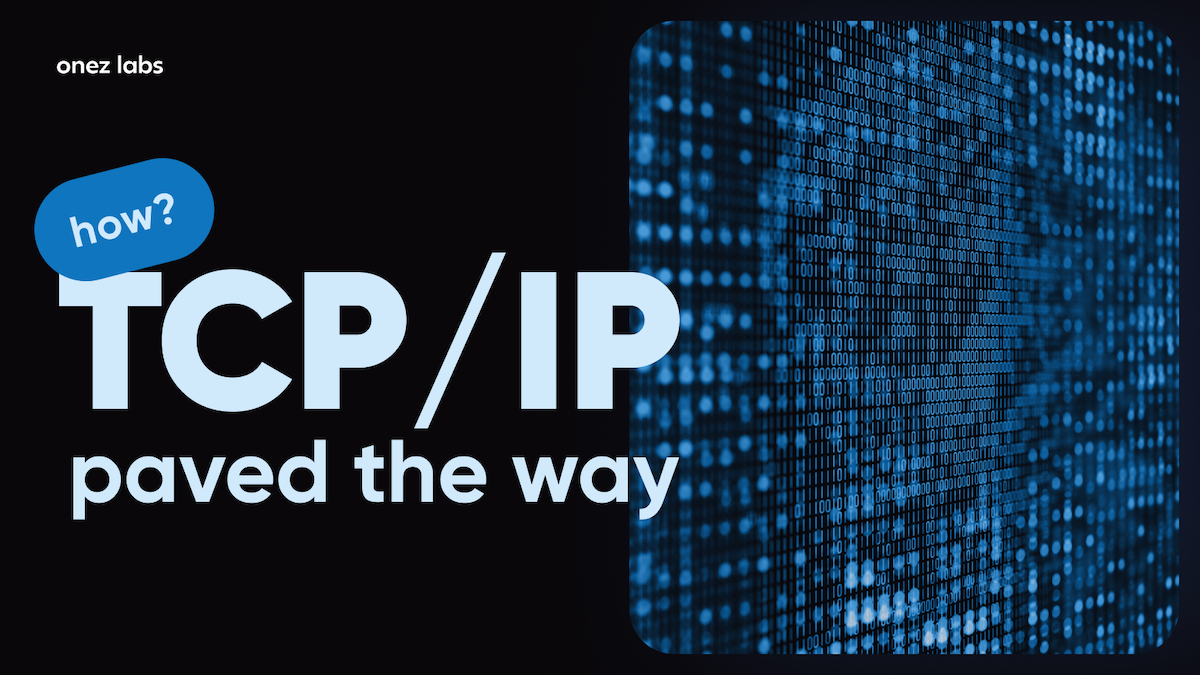Introduction
In the ever-evolving crypto space, understanding the multitude of token standards can feel like trying to learn a new language. But don’t worry, we’ve got your back. We’ll guide you through the maze of token standards supported by the White-label Crypto Wallet. From BNB to ERC-20 and beyond, we’ll explore what these standards mean and how our wallet caters to them.
Understanding Token Standards
If you’ve ever wondered why there are so many different types of cryptocurrencies, then you’re already thinking about token standards. Token standards are incredibly important in the blockchain and cryptocurrency world. They provide a common framework that developers can use to create tokens that behave in a predictable way across various platforms and applications. Here’s a deeper dive into why token standards are crucial:
- Interoperability: Token standards are designed to ensure compatibility between different platforms, wallets, exchanges, and applications. This means a token developed according to a specific standard can be used across any platform that supports that standard. For instance, an ERC-20 token can be stored in any wallet that supports ERC-20, traded on any exchange that supports ERC-20, and interacted with by any smart contract that supports ERC-20.
- Ease of Integration: Because token standards define a common set of rules and functions, they greatly simplify the process of integrating new tokens into existing systems. If an exchange wants to list a new ERC-20 token, for example, it does not need to write custom code to support it. Instead, it can use the same code it uses to support all other ERC-20 tokens.
- Predictability and Security: Token standards define how tokens behave. This makes it easier for developers and users to understand how a token will function in different situations, which can help avoid unexpected behavior and potential security issues. If a token adheres to a well-known standard, users can trust that it will behave in a specific way.
- Innovation and Expansion: Token standards aren’t just about making existing processes easier – they also open up new possibilities for innovation. For example, the ERC-721 standard for non-fungible tokens (NFTs) has enabled the creation of unique digital assets and has driven the explosion of digital art and collectibles on the blockchain.
- Efficiency and Speed of Development: With pre-defined standards, developers do not need to ‘reinvent the wheel’ every time they want to create a new token. They can simply follow the standard, knowing that it will work smoothly with existing infrastructure. This greatly speeds up the development process and makes it more efficient.
Token standards play a pivotal role in the functioning, growth, and evolution of the cryptocurrency landscape. They serve as the foundation for the development of new tokens, fostering uniformity, interoperability, and predictability across the vast and complex ecosystem.
BNB (Binance Smart Chain Tokens)
Binance Smart Chain (BSC) is not just an exchange token, but also has various other use cases. It is used to pay for transaction fees on the Binance Chain, participate in token sales, and power the Binance decentralized exchange (DEX).
BNB was initially launched as an ERC-20 token on the Ethereum network, but it migrated to the Binance Chain upon its launch. The Binance Chain was designed with simplicity in mind, focusing on a best-in-class trading experience. However, this simplicity came at a cost, as it lacked the flexibility and programmability of more advanced platforms like Ethereum.
To address this, Binance introduced the Binance Smart Chain, a new blockchain running in parallel to the original Binance Chain. BSC boasts smart contract functionality and compatibility with Ethereum’s Virtual Machine (EVM), opening up a wealth of possibilities for developers and users alike.
The Binance Smart Chain has seen considerable adoption thanks to its low transaction fees and high performance, attracting a multitude of projects and users. BNB tokens play a key role in this ecosystem, being used for transaction fees, staking, and participating in community governance.
The Onez White Label Crypto Wallet integrates full support for BNB tokens, allowing users to participate in the vibrant Binance ecosystem. The wallet enables users to store their BNB securely and transact with speed and ease. In addition, the wallet’s seamless integration with Binance Smart Chain offers users a smooth and user-friendly experience, making it easier to interact with BSC-based decentralized applications (dApps), engage with DeFi protocols, participate in yield farming, and much more.
With Onez White Label Crypto Wallet, users can tap into the full potential of the Binance Smart Chain and BNB tokens, enjoying the many opportunities this dynamic and rapidly growing ecosystem has to offer.
ERC-20 (Ethereum Tokens)
Ethereum is a decentralized, open-source blockchain with smart contract functionality. It is one of the most significant blockchains in the crypto space, largely due to its robust smart contract capabilities that have paved the way for numerous DeFi applications and initial coin offerings (ICOs).
ERC-20 is a token standard on the Ethereum blockchain that has become a common set of rules defining interactions between tokens. These tokens are stored and sent using Ethereum addresses and transactions, and they are also capable of being programmed by developers.
The Onez White Label Crypto Wallet supports ERC-20 tokens, enabling users to manage a wide range of assets issued on the Ethereum blockchain within the wallet. This includes not only the popular tokens like USDT, USDC, and DAI but also countless other tokens utilized in various DeFi protocols
Other token standards
But the world of crypto doesn’t end with Ethereum. The Onez Wallet also supports TRC-10 and TRC-20 tokens from the TRON network, SLP tokens from the Bitcoin Cash network, ALGO tokens from the Algorand network, and EOS tokens from the EOS network. No matter where your crypto interests lie, Onez Wallet has you covered.
TRC-10 and TRC-20
These are the primary token standards of the TRON network. TRON is a high-performance blockchain platform designed for the sharing of digital content, aiming to eliminate the middleman and allowing content creators to interact directly with their consumers. TRC-10 is a technical token standard native to the TRON blockchain, while TRC-20 is a more advanced standard that is compatible with ERC-20 and provides a wide range of capabilities for smart contracts. Onez Wallet’s support for both TRC-10 and TRC-20 tokens enables users to interact seamlessly with the TRON ecosystem.
SLP
The Simple Ledger Protocol (SLP) is a token system built on the Bitcoin Cash network. It enables anyone to create their own tokens, which can represent any type of digital asset. Onez Wallet’s SLP support allows users to manage a variety of tokens on the Bitcoin Cash network, contributing to a more diverse and comprehensive crypto experience.
ALGO
Algorand Standard Assets (ASA) is a framework on the Algorand blockchain that allows for the creation of tokens that can represent any type of asset, including real-world assets, virtual goods, or other types of digital assets. Onez Wallet’s ALGO support provides users with the opportunity to participate in the Algorand ecosystem, known for its high-speed transactions and security.
EOS
EOSIO is a powerful infrastructure for decentralized applications (dApps) and allows for the creation of tokens on the EOS network. The Onez Wallet’s support for EOS tokens provides users with an avenue to engage with dApps and tokens within the EOS ecosystem, which prides itself on scalability, flexibility, and usability.
By offering support for these diverse token standards, the White-label Crypto Wallet provides users with the ability to navigate multiple blockchain ecosystems conveniently from one application, adding versatility and adaptability to their crypto experiences.
Beyond ERC-20. Exploring ERC-721 and ERC-1155
Our exploration wouldn’t be complete without mentioning the token standards behind the booming world of Non-Fungible Tokens (NFTs): ERC-721 and ERC-1155. These token standards have revolutionized the way we think about ownership and value in the digital world. Onez Wallet supports these standards, meaning you can store, manage, and trade your digital collectibles with ease.
Benefits of Onez White Label Crypto Wallet’s broad token support
By supporting a broad range of token standards, Onez Wallet offers flexibility and freedom to its users. Whether you’re a seasoned crypto trader or a newbie just getting started, you’ll find our wallet’s extensive support to be a major advantage. It means you can manage diverse assets in one place, without the hassle of switching between different wallets.
Conclusion
Understanding token standards is crucial in the crypto world. By supporting a broad range of standards, the Onez White Label Crypto Wallet is setting itself apart as a versatile, user-friendly platform for managing digital assets. Don’t just take our word for it, though – dive in and experience the Onez difference for yourself.



